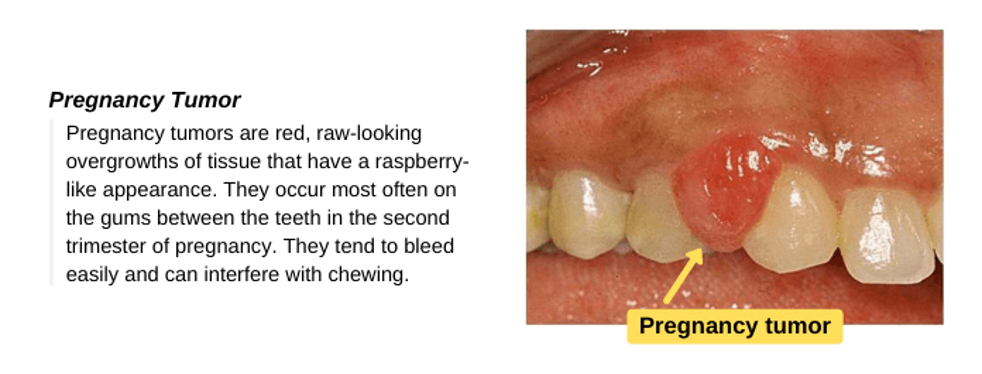In recent years, the relationship between oral health and overall health has become increasingly clear. One critical area of concern is the link between periodontal (gum) disease and low birth weight (LBW) babies.
In this issue, we will discuss the connection between gum disease and early onset labor and its implications.
How Periodontal Disease Affects Pregnancy
Periodontal disease is a chronic infection of the gums caused by bacteria in dental plaque. When left untreated, it leads to inflammation and destruction of the supporting structures of the teeth. During pregnancy, the body’s immune response changes, making pregnant women more susceptible to gum infections.
The key concern is that the bacteria responsible for periodontal disease can enter the bloodstream through the inflamed gum tissue. Once in the bloodstream, these bacteria and the inflammatory chemicals they trigger, such as prostaglandins and cytokines, can reach the placenta. This can stimulate an inflammatory response that may induce early labor or restrict fetal growth, resulting in a low-birth weight baby—defined as a newborn weighing less than 5.5 pounds (2,500 grams).
This means, the maternal inflammatory burden from periodontal disease can mimic the conditions that naturally lead to labor, but prematurely and at a cost to fetal health.
Why Is This Important?
Low birth weight is associated with a host of serious health problems, including increased risks for infections, respiratory distress, developmental delays, and long-term issues like diabetes and heart disease. These complications can significantly impact a child’s quality of life and place emotional and financial strain on families.
From a broader perspective, the connection between periodontal disease and low birth weight babies underscores the importance of integrating dental care into prenatal healthcare. Ignoring oral health during pregnancy not only jeopardizes the mother’s health but may also compromise the baby’s development and long-term well-being.
What Should Pregnant Patients Do?
Pregnant women—or those planning to become pregnant—should prioritize their oral health as part of their prenatal care. Here are some important steps:
- Schedule a Dental Check-Up: Ideally, women should have a comprehensive dental examination before or early in pregnancy. Routine dental cleanings and some dental treatments are safe during pregnancy, particularly in the second trimester.
- Maintain Excellent Oral Hygiene: Brushing twice daily with fluoride toothpaste, flossing daily, and using an antibacterial mouthwash can reduce plaque and inflammation.
- Communicate with Healthcare Providers: Pregnant patients should inform their obstetricians and dentists about their pregnancy and discuss any oral health concerns. Integrated care ensures both mother and baby are closely monitored.
- Recognize Signs of Gum Disease: Symptoms like bleeding gums, swelling, bad breath, or loose teeth should prompt immediate dental consultation.
- Stay Informed: Education about the oral-systemic health link empowers women to take proactive steps toward healthier pregnancies.
In conclusion, periodontal disease is a preventable risk factor for low-birth weight babies. Through early detection, proper dental care, and close collaboration between healthcare providers, pregnant patients can greatly enhance the chances of a healthy pregnancy and a healthy baby.
Dr. Kendal V. O. Major is Founder and CEO of Center for Specialized Dentistry which is a comprehensive family dental practice operating in Nassau. He is the first Bahamian Specialist in gum diseases and dental implants since 1989. He also is a certified Fastbraces provider. His practice is located at 89 Collins Avenue, Nassau at (242)325-5165 or [email protected].







